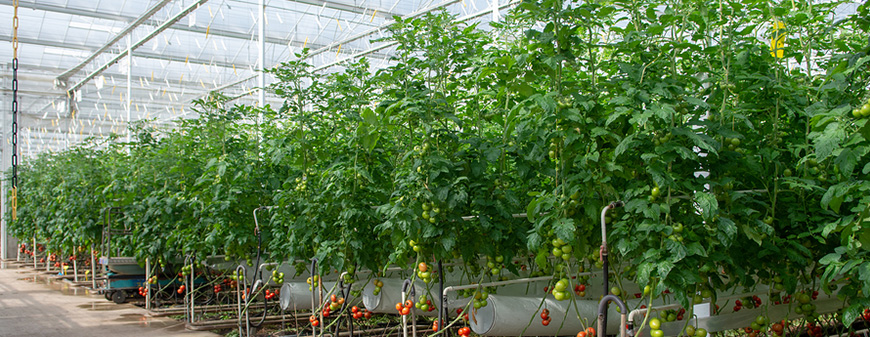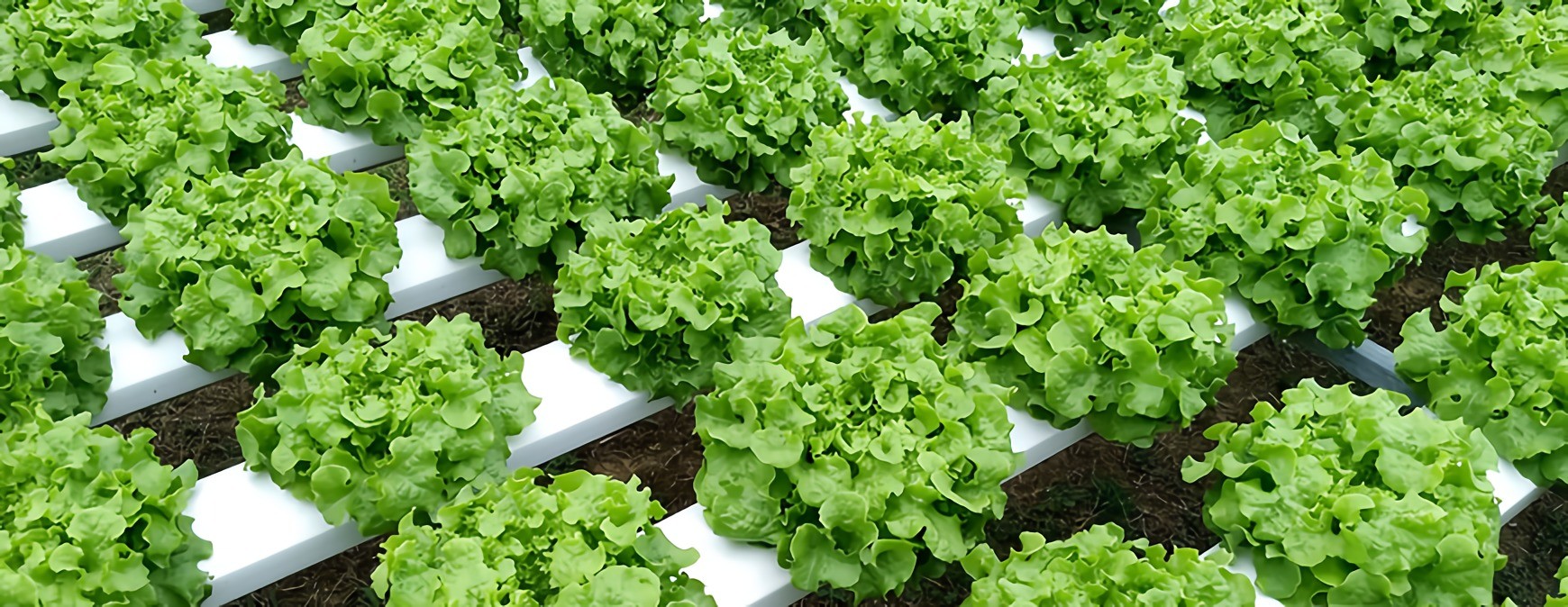RSI is a Great Training Option for Everyone
Learn more about how we can prepare you to advance your career.
Despite the best efforts of trained meteorologists, the weather can be seriously unpredictable.[1] That’s one reason why indoor climate control is a growing industry, with the need for HVAC technicians expected to grow by 15 percent through 2026, according to the Bureau of Labor Statistics (BLS).[2]
Farmers know all too well about this problem. Around the world, they lose about $10 billion a year worth of crops due to heat waves and drought, noted Corey Lesk, a researcher at The Earth Institute at Columbia University.[3]
Indoor farming offers a solution to environmental uncertainty for farmers and a healthy job sector for those with HVAC training.
Discover what indoor farming is, how the industry is expanding and the vital role HVAC plays in ensuring crops make it to market in this article.[4]
What Is Indoor Farming?
Indoor farming is a technique for growing an array of agricultural products: plants, produce and livestock. Lettuce, peppers, tomatoes, herbs, cucumbers, potatoes and eggplants are among the most popular plants grown in indoor farms.[5][6]4 Flowers and ornamentals, as well as other crops, are also widely grown indoors.4
Get Started on the Path to a New Career
Fill out our form to learn how we can help you change your life.
Using hydroponics, artificial lights and HVAC equipment, indoor farmers can ensure their crops consistently receive the right amount of light and nutrients.6 This method can be a clear advantage to producing crops outdoors, as it offers much more control.
Types of Indoor Farms
- Glass or poly greenhouses (Popular in the U.S.)
- Container farms
- Indoor vertical farms
- Indoor deep-water culture systems4
The scale of an indoor farm can be as small as the basement of an apartment building in a dense city and as large as the warehouse supplying that metropolitan area with fresh produce.5
How Big Is the Indoor Farming Industry?
The indoor farming industry is growing due to a shortage of food production resulting from several factors:
- Soil contamination
- Climatic changes
- Limited space in urban areas
- A lack of available water
Utilizing the hydroponics growing technique has allowed farmers to minimize such risks and produce plenty of fresh produce.
Growing demand for fresh, nutrient-rich food and the increasing use of protected cultivation is expected to boost revenues in the field of indoor farming in the coming years. Market research firm MarketsandMarkets predicts the indoor farming technology industry to jump from a $25.40 billion market in 2017 to a $40.25 billion one by 2022, a growth rate of 9.65 percent.4
Why Is HVAC Important to Indoor Farming?

HVAC is part of the indoor farming technology industry that’s set to expand through 2022. As, MarketsandMarkets notes, “Climate control is crucial in indoor farming, as it creates an environment conducive to plant growth, thereby providing better quality products. To control the climate, hardware components such as climate control systems and lighting systems are essential.”4
The HVAC system can be considered to play the most important role in an indoor farm. LED lights are employed to offer the ideal spectrum of light for growth, but they produce a lot of heat.
It is the job of the HVAC equipment to remove some of that heat and to ensure proper airflow to prevent cold spots.[7]
Types of Indoor Farming HVAC Equipment
- Dehumidifiers
- Humidifiers
- Controls
- Direct-fired heating and evaporative cooling ventilation systems6
- Rooftop A/C units with extensive ductwork and exhaust fans
- Ductless, ground-mounted air-rotation systems7
HVAC Service for Indoor Farms
Where there’s HVAC equipment, there’s a need for HVAC technicians to install, repair and replace components or entire systems. With the indoor farming technology industry, of which HVAC is a part, set to grow in the next few years, this could present job opportunities for those with the right HVAC skills.
Where can you learn the HVAC service trade? An HVAC program at a refrigeration school is one place to start, and it could give you an advantage in the job market, as these days employers are increasingly looking for technicians with formal training.[8]
So, what exactly could you learn in HVAC school?
Additional Sources
[1] https://www.childrensmuseum.org/blog/why-weather-so-unpredictable
[2] https://www.bls.gov/ooh/installation-maintenance-and-repair/heating-air-conditioning-and-refrigeration-mechanics-and-installers.htm
[3] https://www.livescience.com/53400-crop-failure-draining-food-supplies-as-planet-warms.html
[4] https://www.marketsandmarkets.com/Market-Reports/indoor-farming-technology-market-40175861.html
[5] https://www.maximumyield.com/definition/2151/indoor-farming
[6] https://www.achrnews.com/articles/141135-high-times-for-hvac-in-grow-facilities
[7] https://johnsonairrotation.com/johnsonairrotation/indoor-agriculture-requires-precise-hvac-systems/
[8] https://www.bls.gov/ooh/installation-maintenance-and-repair/heating-air-conditioning-and-refrigeration-mechanics-and-installers.htm#tab-4
This blog has been labeled as archived as it may no longer contain the most up-to-date data. For a list of all current blog posts, please visit our blog homepage at https://www.rsi.edu/blog/




